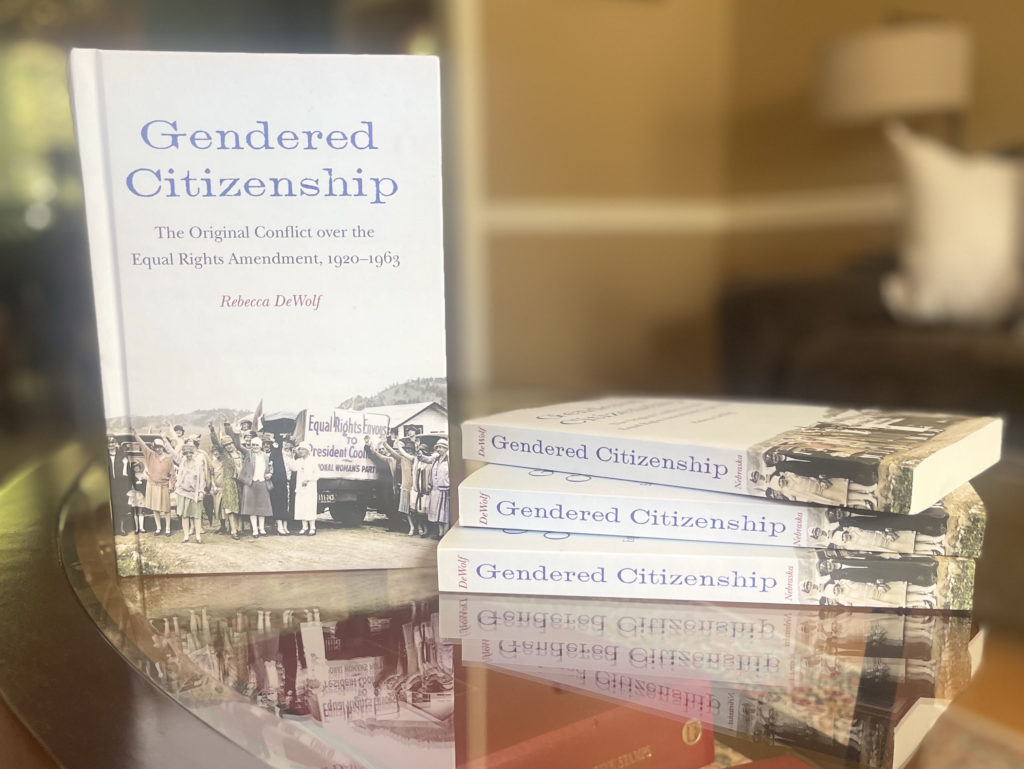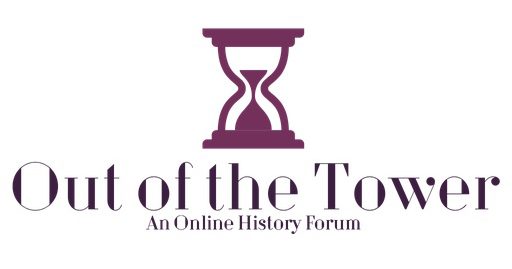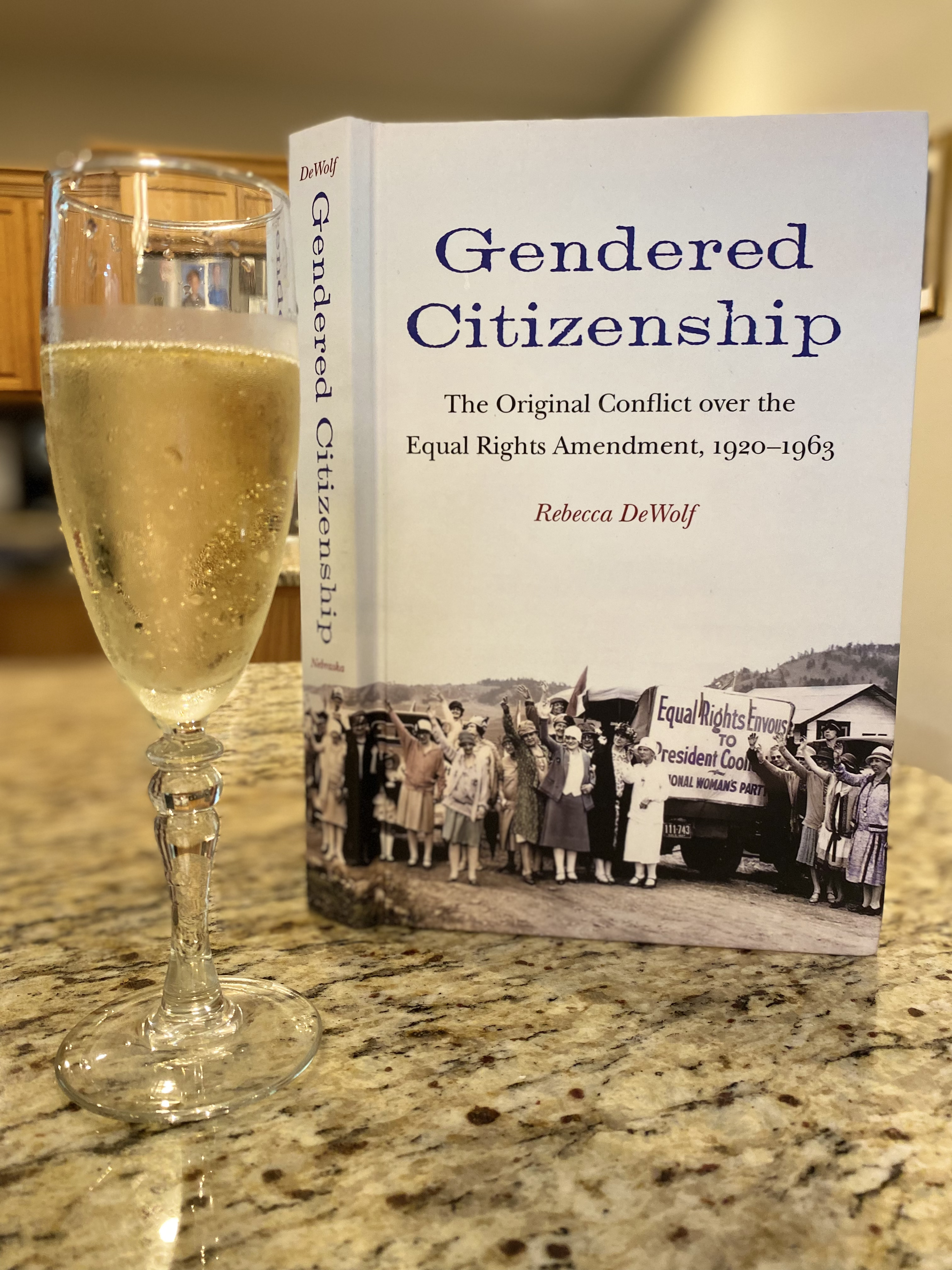
It’s publication day for my book!
My book offers a new perspective on the gaps between men and women’s societal positions. I argue that the original conflict over the Equal Rights Amendment (ERA) created the U.S’s gendered citizenship, which has prolonged women’s disadvantaged position.
Read my book to find out more!
My book is available now in hardcover and paperback. You can order if from wherever you buy your books or ebooks. To learn more about my book, visit my author website.
If you order a copy from University of Nebraska Press use code 6AF21 for a 40% off discount.
Happy Publication Day to Gendered Citizenship!




